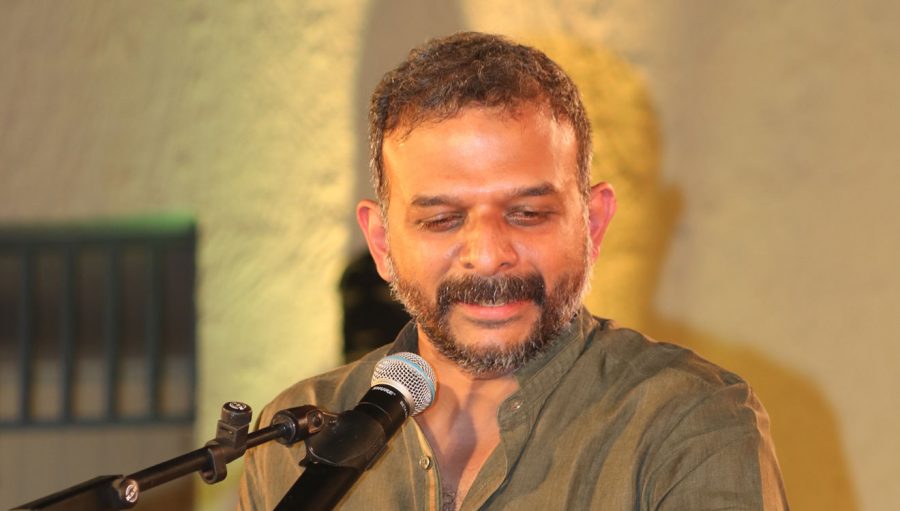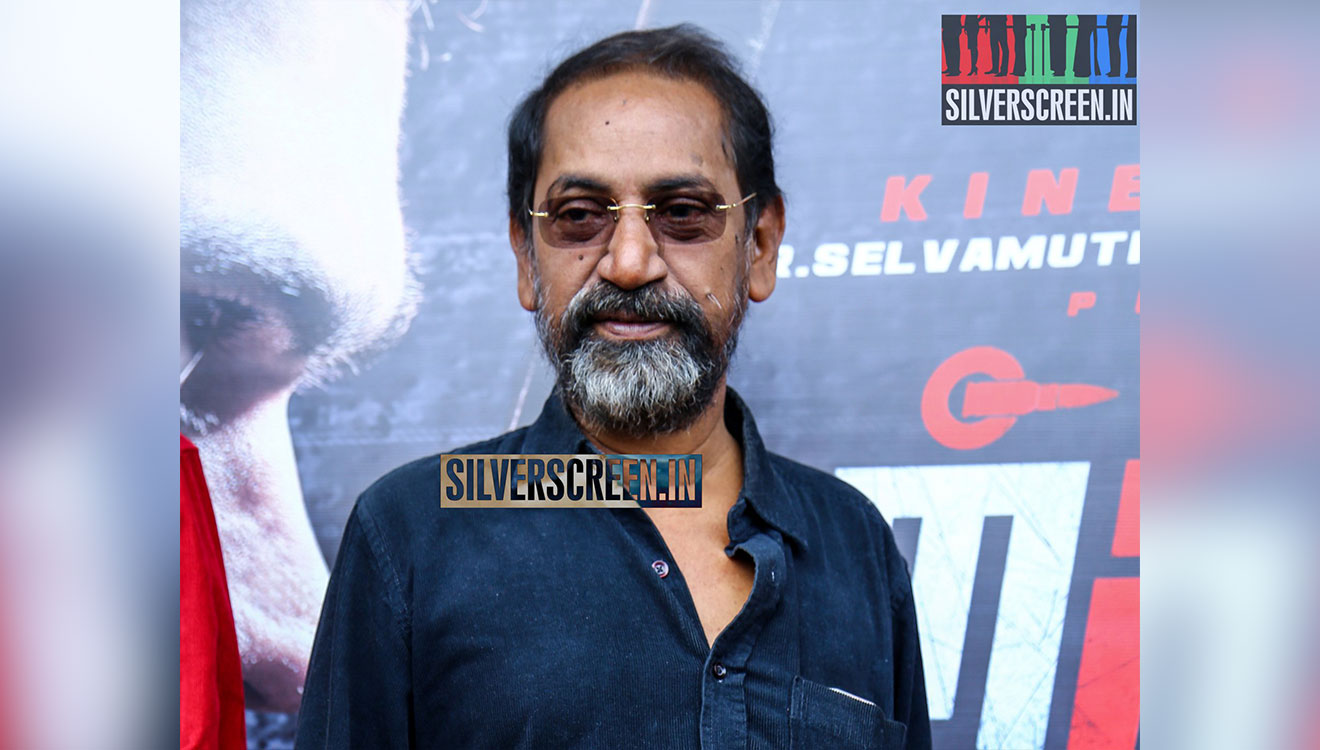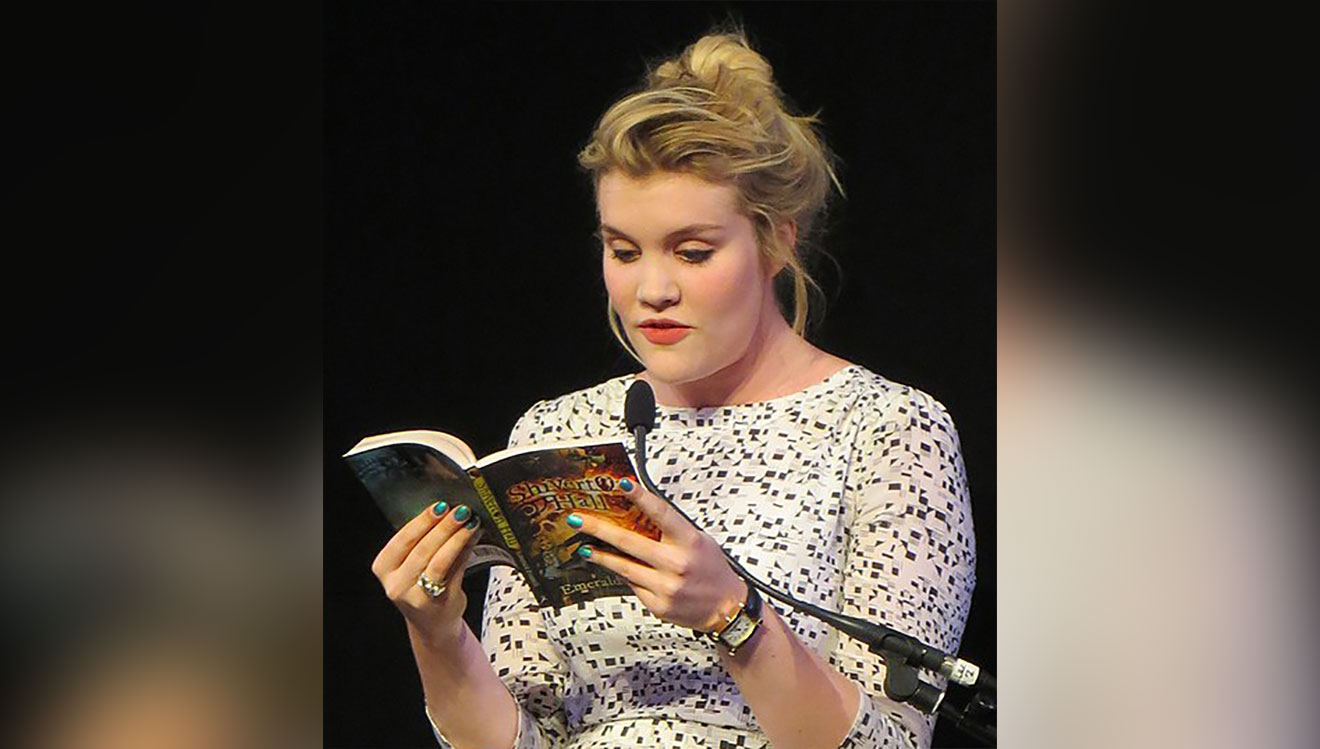TM Krishna, the Carnatic vocalist, social commentator, and author, on Thursday filed a writ petition at the Madras High Court challenging the “constitutional validity” of the Information Technology (Guidelines for Intermediaries and Digital Media Ethics Code) Rules 2021, as imposing “arbitrary, vague, disproportionate and reasonable” restrictions on social media intermediaries and news media outlets that are digital, Live Law reported.
The case was heard by a bench comprising Chief Justice Sanjib Banerjee and Justice Senthilkumar Ramamoorthy. Subsequently, the bench directed the Centre to file a counter-affidavit within three weeks.
The IT Rules 2021 are particularly harmful to musicians, artists and creators such as Mr. Krishna. He argues that they have a chilling effect on politically and socially salient art, and that privacy is necessary to create art which might involve challenging social norms.
5/n— Internet Freedom Foundation (IFF) (@internetfreedom) June 10, 2021
What are the IT Rules, 2021?
On February 25, the Ministry of Electronics and Information Technology introduced the Intermediary Guidelines and Digital Media Ethics Code Rules to regulate content in OTT platforms, social media intermediaries, and digital news media. As per these rules, social media intermediaries including WhatsApp, Facebook, Instagram, Twitter, and YouTube, have to establish a ‘grievance redressal mechanism’ for receiving and resolving complaints from users or victims, remove child pornography, videos relating to rape, or any kind of nudity and remove or disable access to such content within 24 hours of receiving complaints. It will have to identify the originator of disputed content without providing any information to the originator.
The new IT Rules mandate social media intermediaries to appoint officers who are Indian citizens to key compliance roles that have oversight over the additional due diligence required for removal of content. Abiding by the new IT Rules will also hold “significant” social media intermediaries accountable to Indian laws and in case they fail to adhere to the code, it will lead to their loss of protection from lawsuits and criminal prosecution.
What did Krishna say?
Krishna, who was represented by advocate Suhrith Parthasarathy, argued on Thursday that the rules were “violative” of fundamental rights of freedom of expression and privacy. He said that the rules restricted his rights as a user of social media and online content creator. Krishna said that while Part II (that pertains to social media intermediaries) restricted his rights as a user of the platforms, Part III (that concerns the regulation of OTT platforms and digital news media) “breaches his rights as creator of online content”. Further, he said that the rules were hampering his rights as an “artist and cultural commentator”.
Mr. Krishna says that the IT Rules offend his right as an artist and cultural commentator by threatening his freedom of expression and privacy.
In his words, our Constitution contains a commitment to the liberty of imagination. Censorship sans reason offends this commitment.
4/n pic.twitter.com/2EISplrQVB— Internet Freedom Foundation (IFF) (@internetfreedom) June 10, 2021
“For me, privacy, like music itself, is an experience. When I think of privacy, I think of life, intimacy, experience, discovery, security, happiness, the lack of fear and the freedom to create. I think of liberty, dignity, and choices as facets inherent in me and not just as an artist but as a human being,” Live Law quoted Krishna.
Krishna contested that the rules were “vague and indeterminate” that would “thwart artists from raising difficult questions” which are against “aesthetic, gender and caste hierarchies”.
With Krishna’s plea, the Madras High Court became the fourth high court to consider the IT Rules’ validity. Previously, news organisations The Wire and The Quint had approached the Delhi High Court, Live Law had filed a petition in Kerala High Court that granted interim protection for the media outlet against Part III of the Rules, and Kannada news outlet Pratidhwani had approached the Karnataka High Court.



